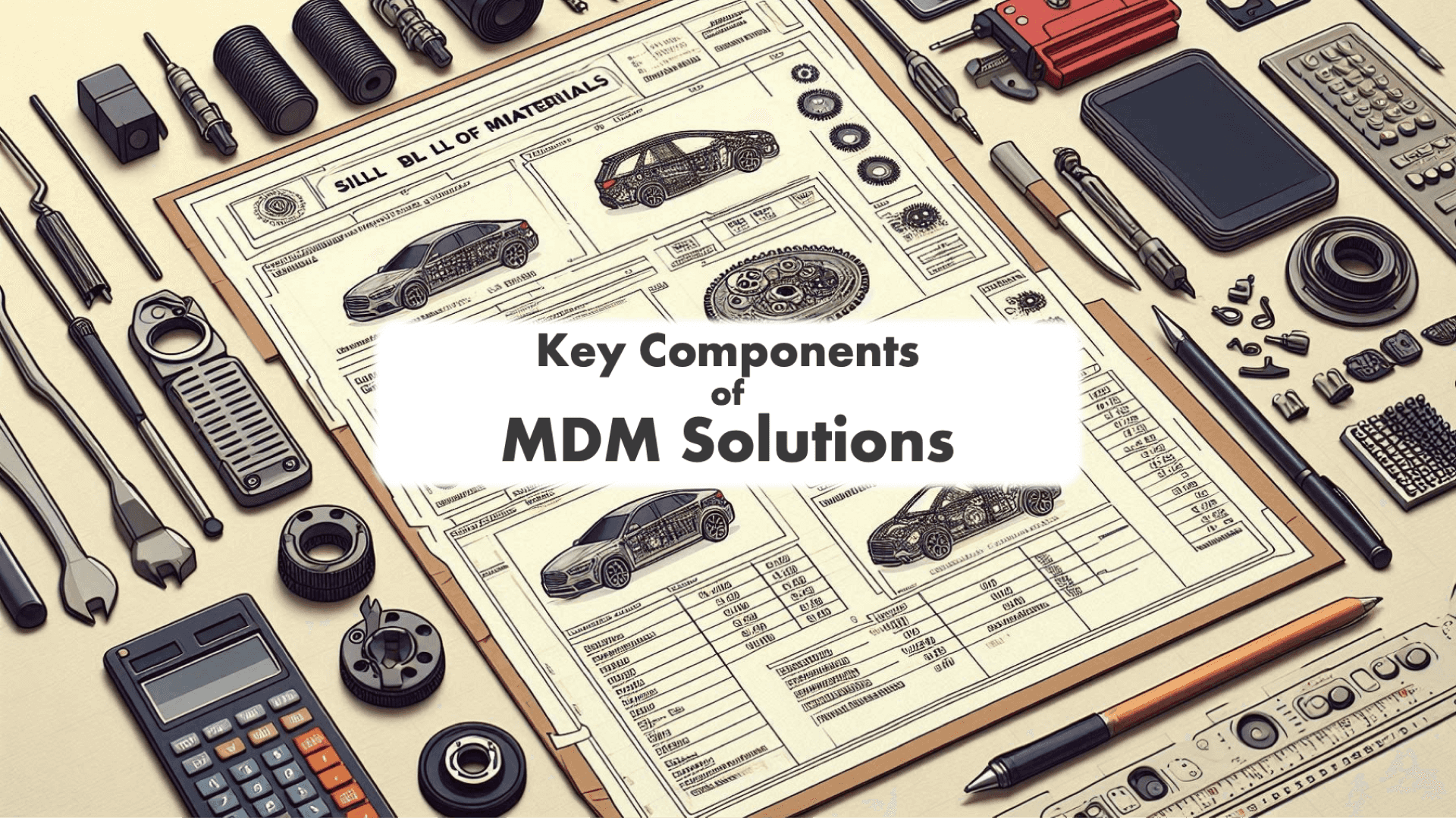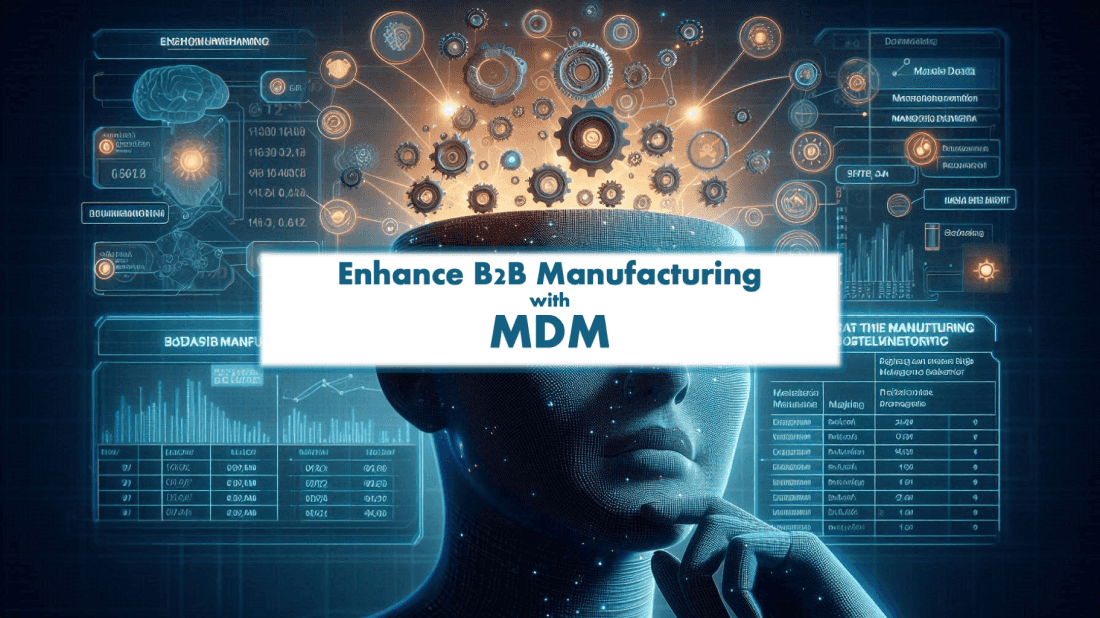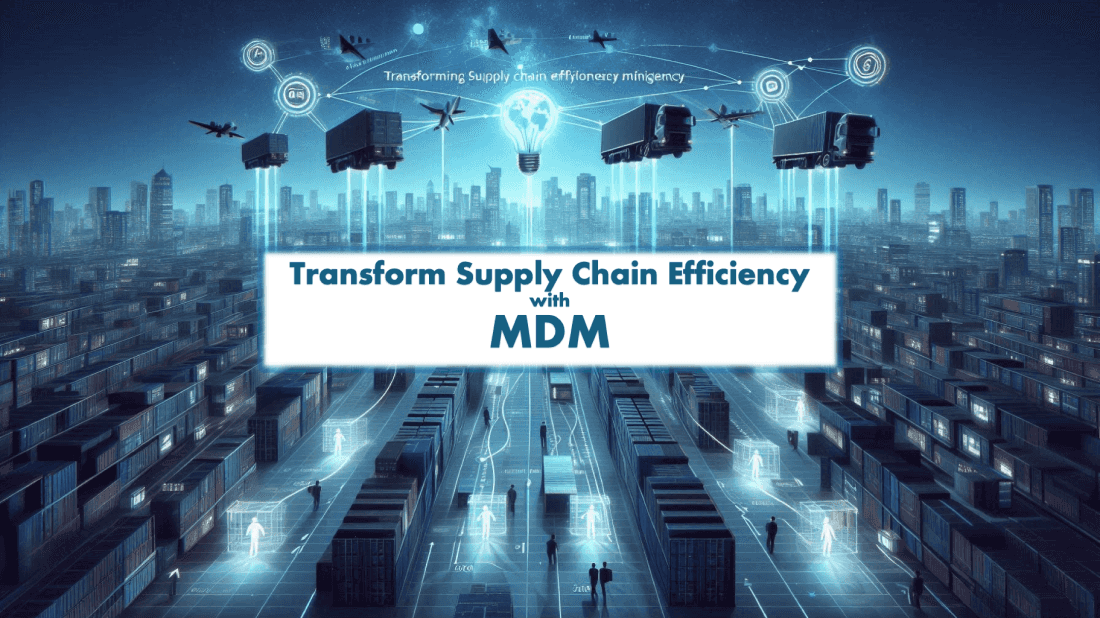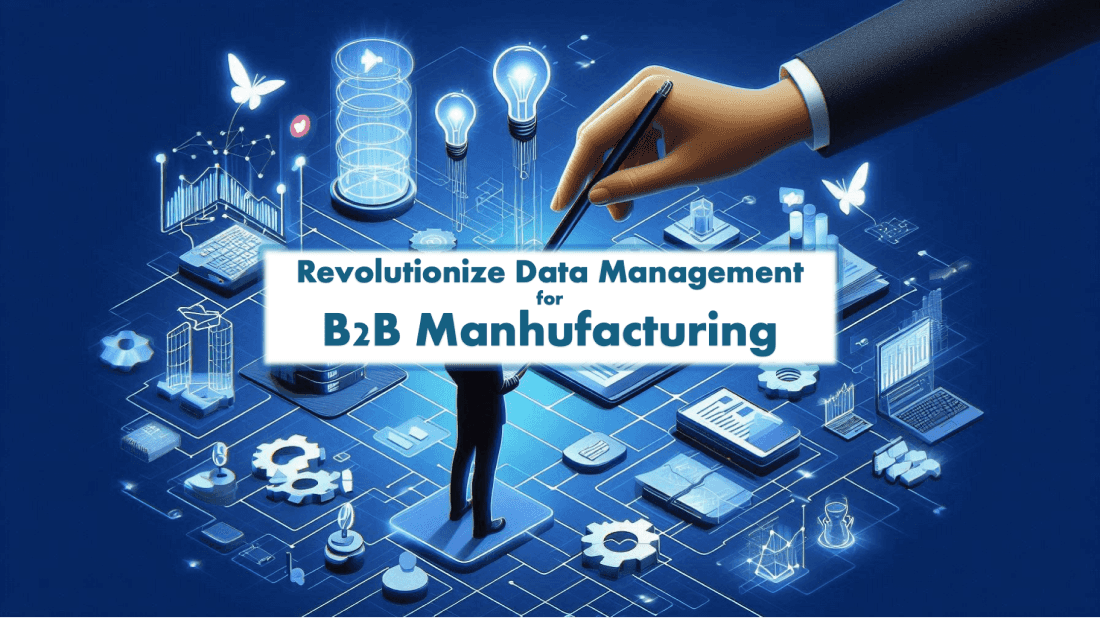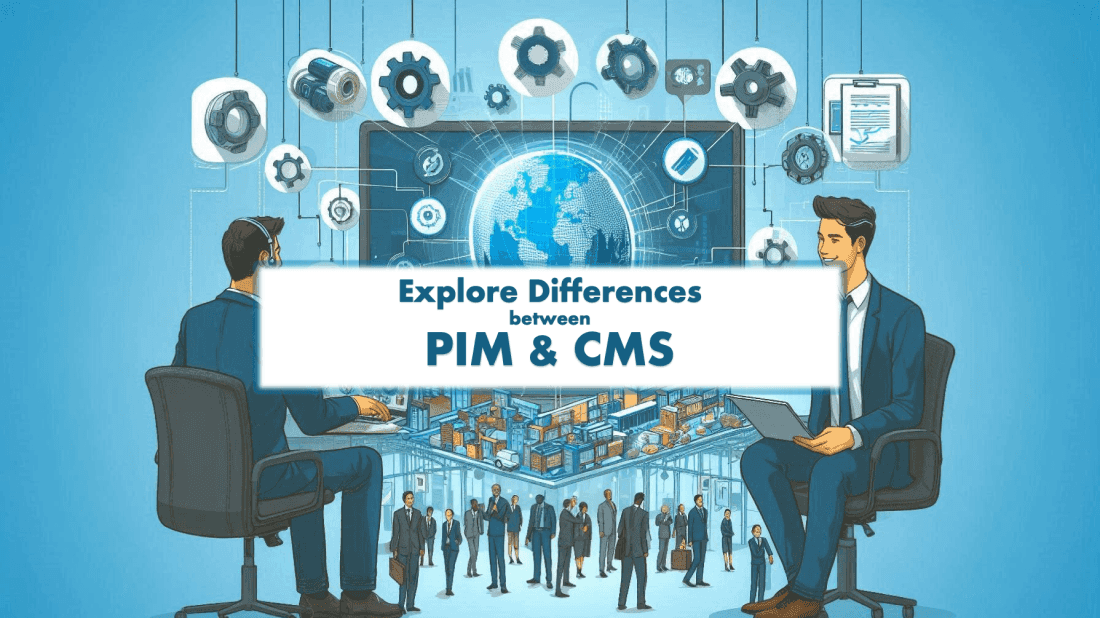May 18th, 2024
In the dynamic world of B2B manufacturing, maintaining compliance with evolving regulations is critical.
How PIM Enhances Compliance for B2B Manufacturers
In the dynamic world of B2B manufacturing, maintaining compliance with evolving regulations is critical. Advanced Product Information Management (PIM) systems provide an efficient solution by centralizing product data, streamlining compliance workflows, and ensuring adherence to regulatory requirements.
Centralized Data for Streamlined Compliance
A significant challenge for compliance officers is managing scattered and inconsistently formatted data. A PIM solution centralizes all product information, providing a single source of truth. This ensures consistency in product data, eliminates silos, and enhances operational efficiency.
For instance, a manufacturing company can use a PIM system to maintain up-to-date information on all products, ensuring compliance with both current and future regulatory requirements. This centralized approach simplifies the process of finding relevant information needed for compliance.
Facilitating Market Expansion Compliance
Expanding into new markets involves navigating various regulatory landscapes. PIM systems help manage the extensive data required for compliance in different regions. For example, a manufacturer of industrial chemicals can use a PIM solution to track the regulations for each market, ensuring that no product violates local rules.
By providing a scalable source of truth, PIM systems enable businesses to address unique compliance issues efficiently, facilitating smoother market entry and expansion.
Robust Audit Trails and Accountability
Maintaining accountability and traceability is crucial for full compliance. PIM systems maintain comprehensive records of all product-related data and activities, providing robust audit trails. This is essential for reporting, especially in Environmental, Social, and Governance (ESG) contexts.
Accurate and up-to-date information from PIM systems simplifies regulatory disclosures, freeing up resources and supporting the transition to circular business models.
Enhancing Lifecycle Compliance
Modern regulations require detailed reporting on the lifecycle of products and their supply chains. Initiatives like the European Union’s digital product passport (DPP) mandate public availability of product lifecycle information. PIM systems support this by providing upstream-downstream connectivity.
For example, a manufacturer can use a PIM system to manage and report on the environmental impact, composition, and performance of their products throughout their lifecycle, ensuring compliance with current and emerging regulations.
Streamlining Compliance Workflows
PIM solutions streamline internal processes, including compliance workflows. By giving all departments centralized access to up-to-date product data, PIM systems reduce the time required for compliance checks. Teams across marketing, IT, and product management can access approved data, making informed decisions without waiting for compliance departments.
Advanced PIM systems with AI-powered automation further enhance these workflows, minimizing manual data entry and freeing up resources.
Choosing the Optimal PIM Solution
Choosing the right PIM software is crucial for maximizing its benefits. Look for features such as data enrichment, digital asset management, and extensive integration options. Cloud-based PIM and open-source PIM software solutions offer scalability and flexibility, making them ideal for growing businesses.
Best Practices for Implementing PIM Solutions
When implementing a PIM solution, consider the following best practices:
- Define Clear Objectives: Understand what you aim to achieve with a PIM system, such as improving data quality or enhancing customer experience.
- Involve Key Stakeholders: Engage all relevant departments, including marketing, IT, and product management, to ensure the PIM system meets all needs.
- Choose the Right PIM Software: Select a PIM solution that fits your business requirements. Look for features like data enrichment, digital asset management, and integration capabilities.
- Ensure Data Governance: Establish data governance policies to maintain data quality and consistency.
- Plan for Integration: Ensure your PIM system can integrate seamlessly with other systems for a unified data management approach.
Conclusion
For B2B manufacturers, leveraging a PIM system provides a comprehensive solution for managing data and ensuring compliance. Understanding the unique benefits of PIM will help you make an informed decision and implement the best product information management strategy for your business.
By utilizing the best PIM software and following best practices, manufacturers can ensure they have the right tools to manage product information effectively, drive efficiency, and enhance customer experiences. Whether you choose a cloud-based PIM, an enterprise PIM, or a PIM SaaS solution, the benefits of PIM for manufacturers are clear. Implementing a robust PIM system can transform your data management processes and support sustainable growth in the competitive B2B landscape.
With PIM, manufacturers can better manage product catalogs, streamline data import processes, and ensure the accuracy and consistency of product information. This capability is particularly valuable for manufacturing companies that deal with complex and varied product lines.
Summary of Neurologik ProductHub
At Neurologik.io, we offer the ProductHub solution, an all-in-one PIM, PDM, MDM, and DAM system designed specifically for B2B manufacturers. Our platform centralizes, enriches, and synchronizes product data, ensuring accuracy and consistency across all channels. By significantly reducing integration costs and enhancing operational efficiency, Neurologik.io’s ProductHub helps manufacturers maintain seamless, up-to-date product information, improving market responsiveness and driving business growth.
Request a demo to learn more about the most advanced system for B2B manufacturers.
